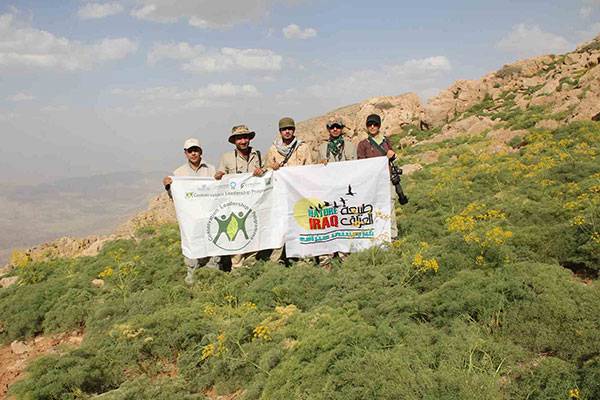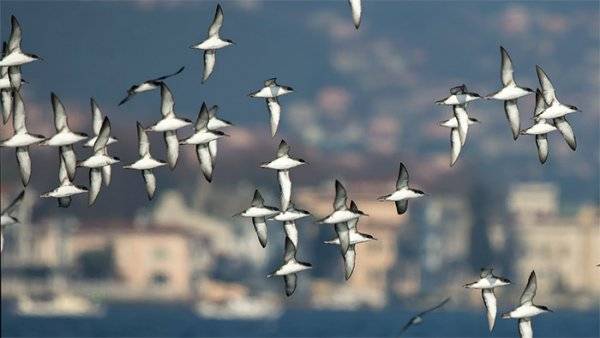Guest blog by Richard Porter
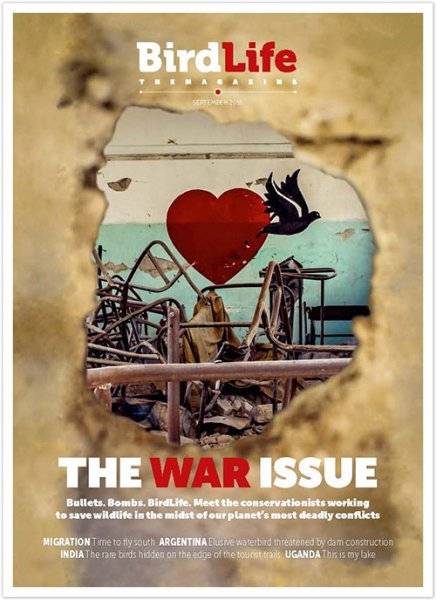
Amidst the strife and turmoil that we hear about daily in the Middle East, there are always glimmers of hope. The fate of wildlife is often forgotten amongst the horrors of war and the dreadful human tragedies, but the latest BirdLife Magazine shows there are inspiring stories.
From around the world brave conservations tell their tales and two from Nature Iraq – Azzam Alwash and Hana Ahmad Raza – feature prominently in the latest issue – The War Issue.
The ornithological work of Nature Iraq will be known to readers of the OSME website and Sandgrouse, but this active NGO also undertakes a wealth of activities on other biodiversity and, of course, conservation.
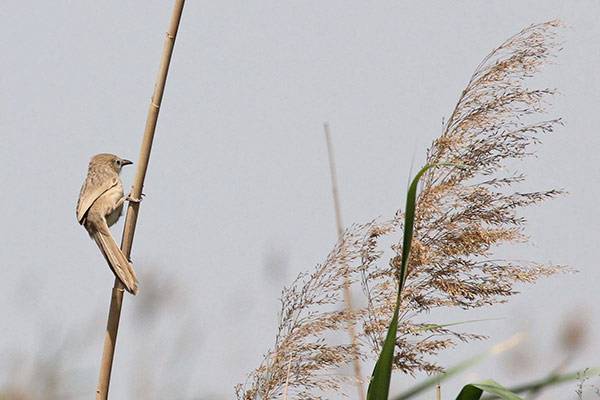
On behalf of BirdLife International, I have had the privilege of working with Nature Iraq which was established 12 years ago after the fall of the Saddam Regime. Their young biologists have undertaken years of surveys, often in difficult circumstances, to identify Iraq’s Key Biodiversity Areas, the inventory of which will soon be published and will be a major step towards creating a network of protected sites for wildlife.
They have produced Birds of Iraq – in Arabic – as part of an education programme, are making exciting discoveries about leopards to help their conservation (as you will read in The War Issue) and are currently at the forefront of writing a State of the Nation’s report on Iraq’s bird life.
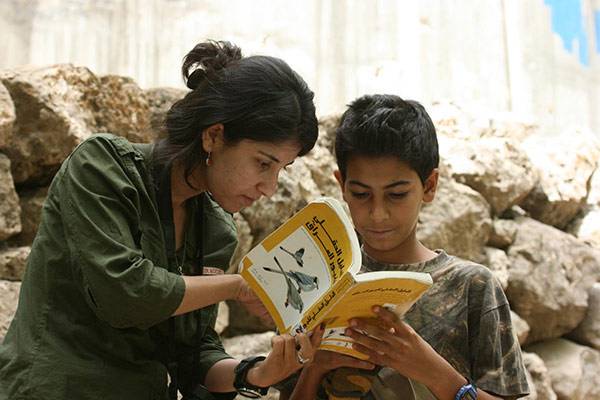
I know that OSME has been proud to help support NI’s work by giving grants for the Birds of Iraq and the KBA Inventory.
But it is not just conservationists in Iraq that are fighting to protect their wildlife and wildlife habitats. In Yemen, where a civil war rages, there is a brave programme to ensure the highlands of Ibb are protected through a conservation management plan that has been drafted with the support of local villagers. The Ibb mountains are an IBA that is so important for many southwest Arabian endemic birds.
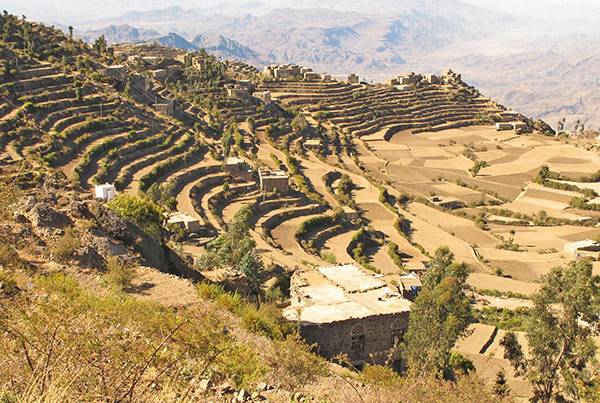
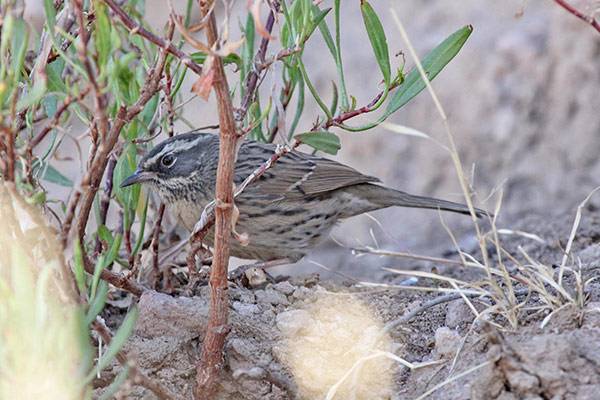
Then there are also the knock-on effects of war and conflict. In Turkey tourism, so important for the country’s economy, has crashed and few wildlife and birdwatching tours now go there. I know bird guides who no longer have a job.
All this, of course, impacts on the ability to carry out conservation actions for our precious wildlife, from undertaking surveys, monitoring IBAs, enforcing wildlife legislation and engaging with decision-makers. Let us hope and pray that a peaceful existence soon returns to this wonderful region.
BirdLife Magazine is the journal you receive as a member of the World Bird Club. If you want to learn more about the club and the work of BirdLife then contact Sarah Bull: Sarah.Bull@birdlife.org
However, starting with the December issue, the magazine is going online and you will be able to buy if from iTunes or Google newsstand.
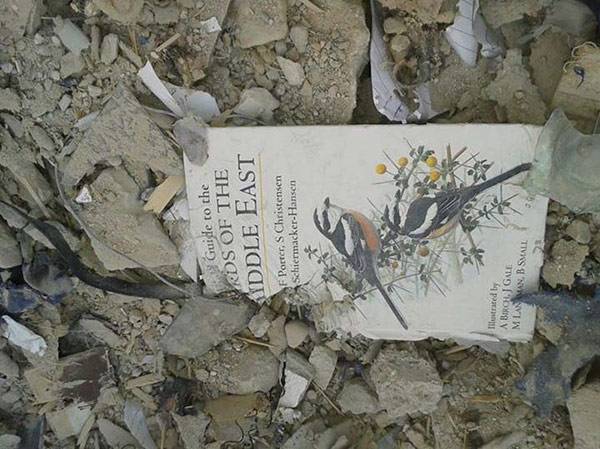
Richard Porter is an adviser to BirdLife International and author of Birds of the Middle East.


